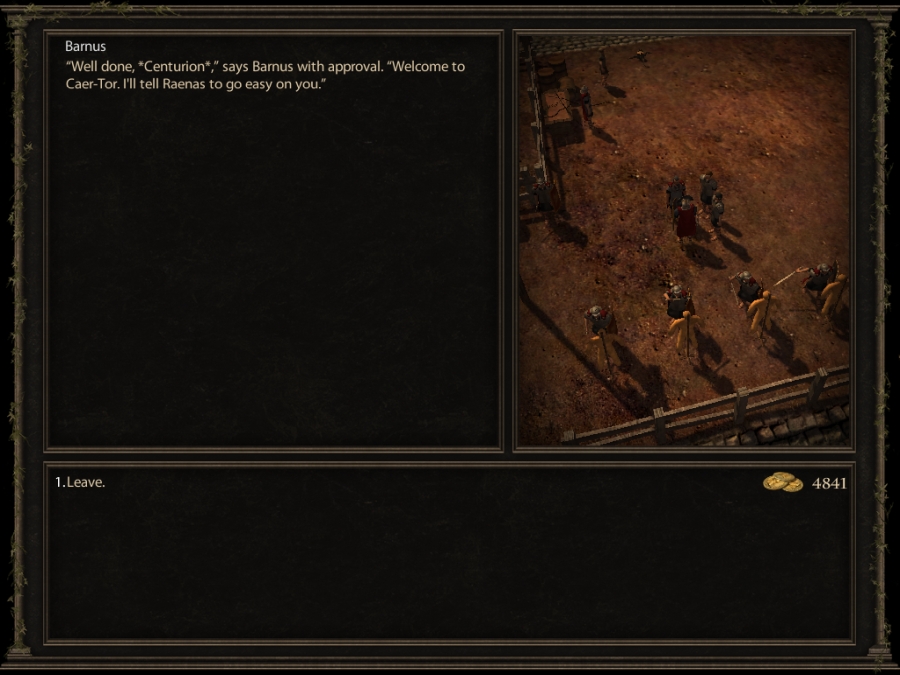
He can see the Prince of Wales is a slight flibbertigibbet, but he likes him and they have a good friendship. “He writes about travelling around America with him. The unexpurgated diaries also reveal how Channon’s close friendship with Edward VIII began in the 1920s. The dishonesty, deviousness and occasional depravities of the upper classes are laid bare: “He will talk about people’s personal lives, their sexual behaviour, their treatment of other people. And he looks at it and he’s not censorious, but he describes it in great detail.” Most of his friends don’t work for a living. “There’s an awful lot of drinking and drug-taking – not necessarily by him – but it’s a very decadent society he moves in,” said Heffer. “He’s a bright young thing in his 20s, living in the West End, and all his friends are in high society. Photograph: Corbis via Getty Imagesįor the first time, readers will also be able to relive Channon’s life spent at cocktail parties and nightclubs with gay men and adulterous spouses in 1920s London. Proust himself Channon finds “rather an odd man, as most people did”.Ĭhannon found Marcel Proust ‘rather an odd man’.

They are the sort of people that Proust writes about,” said Heffer. “He’s constantly having dinner with dukes and duchesses. In it, Channon’s extraordinary life as a wealthy young socialite in Paris emerges for the first time. The first volume will be published in September 2020 by Hutchinson and begins in 1918, not in 1934, like the previous redacted version.

And that didn’t come out in the original version.” A gay relationship with “a very prominent friend” was also censored and will be revealed for the first time. “There are one or two people at court, around the royal family, who Channon really takes against and who he feels are conspiring to get rid of Edward VIII. “There will be people whose reputations will be damaged when this comes out,” said the historian Simon Heffer, who is editing the diaries in three volumes. In the 1960s many of the people he wrote about were still alive and could have sued for libel. His uncensored and vivid observations about the powerful men and women he socialised with and the antics of London society during the interwar years are certain to fascinate his existing fans and will introduce a new generation of readers to his “elegant, gossipy and bitchy” writings.


 0 kommentar(er)
0 kommentar(er)
